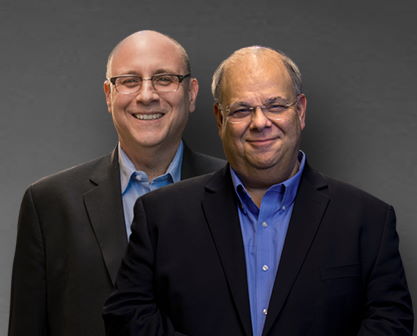Consolidated Edison Indian Point Nuclear Units
You may be entitled to receive compensation. Mesothelioma and lung cancer victims & their families have been awarded over $1 million+ from easy access to funds. Call us today to apply.
Over the past 20 years, we've helped 1,000s of families claim the compensation they deserve with no upfront costs to them.
The Indian Point Energy Center is a nuclear power station in Buchanan, New York, in the Peekskill area, on the east bank of the Hudson River, just 38 miles north of New York City. The plant generates more than 2,000 megawatts of electric power, about 25 to 30 percent of the power needed to feed New York City and areas of Westchester County.
Con Edison launched the Indian Point Nuclear Reactor 1 in 1962, followed by Indian Point 2 in 1974 and Indian Point 3, which was sold to the New York Power Authority before its completion. Indian Point 1 was permanently shut down in 1974. Entergy bought the remaining Indian Point reactors in 2001.
Indian Point 1, Indian Point 2, and Indian Point 3: Nuclear Reactors at Indian Point
The Indian Point reactors are each protected by containment domes built from concrete reinforced with steel 4 to 6 feet thick. The plant has historically faced several serious problems and violations, with a string of accidents and mishaps that at one time landed the facility on the federal list of the nation’s worst power plants.
Some of the issues that have plagued the facility include in 1973, the steel liner of the dome was found to have buckled. In 1980, 100,000 gallons of water leaked into the containment building, and the pumping system in the facility was inoperable. In 2000, a radioactive leak led to the closure of the plant for 11 months. Other incidents included 600,000 gallons of radioactive steam venting into the atmosphere and an explosion in the main generator that spilled oil into the Hudson River.
The used fuel rods at the facility are kept in spent fuel pools, which contain more nuclear material than the reactors and are not protected by a containment structure. They are in a 40-foot-deep pool in bedrock, placed 27 feet below the surface.
The nuclear reactor units on the site were built by Westinghouse, and the turbine generators by General Electric. The cooling water source for the reactors is the Hudson River, a cause for alarm with the various leaks that have occurred over the years the facility has been in operation. Since the catastrophic events at Japan’s Fukushima Plant, there has been increased focus on the potential dangers of the Indian Point Power Center, as a fault line has been found that could pose a serious risk for the area if a temblor hits that is larger than the plant was built to withstand. The Nuclear Regulatory Commission has listed the plant as being one of the 10 sites most in need of a full re-evaluation for earthquake vulnerability.
The reactors and their continued use is an issue of contention. Many believe that for the safety of the public and with the potential for an earthquake in the area, as well as the impact upon fish, the plant should be shut down. According to Riverkeeper, an environmental group that is focused on the Hudson River, there have been a billion fish killed every year over the past 40 years.
The plant provides about 25 percent of the electrical power to New York City.
Have you been diagnosed with an asbestos disease after working in a power plant?
Sources:
- New York Times: Agency Urges Quake Study for Indian Point
- Entergy Nuclear: Indian Point Energy Center
- New York Times: Hearings on Water Permits for Indian Point
- The Encyclopedia of New York State: Consolidated Edison
